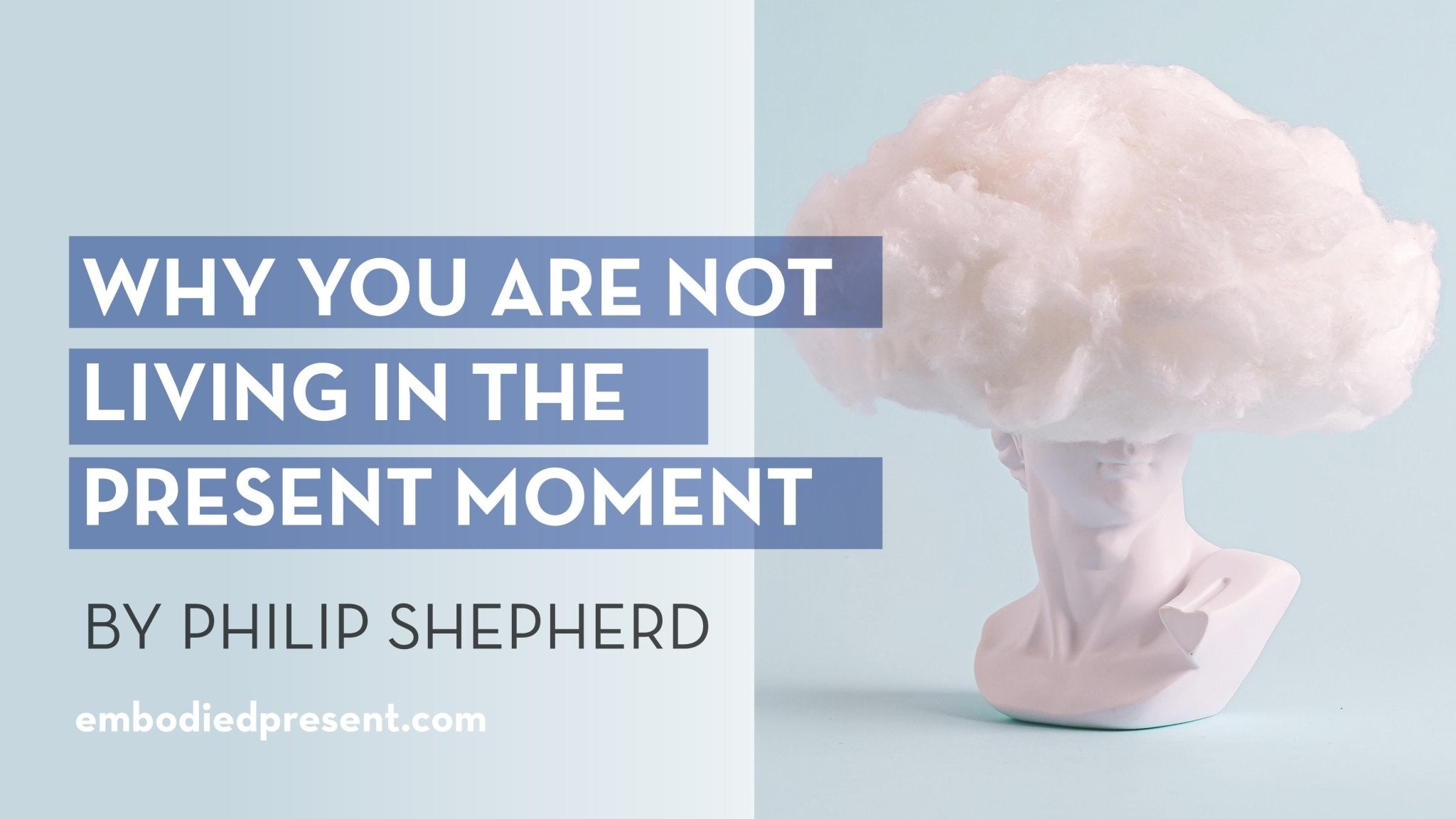 Excerpt from Philip's upcoming book Radical Wholeness, coming Fall 2017.
Excerpt from Philip's upcoming book Radical Wholeness, coming Fall 2017.
I was blessed as a teenager to be able to travel on a bicycle through Europe, the Middle East, India and Japan. I learned radical lessons through the experiences of that trip – and unlearned a few things as well. By the end of it I had come to understand every culture as a unique collection of practices and received wisdom that, taken together, communicate a story about what it means to be human. In the years since that trip, I have been on a personal mission to understand the nature of the story I learned from my culture, to discern how it shows up in my body, and to acquire choice in the matter.
One of the most fundamental lessons our culture teaches us is that thinking and feeling should be separate functions. This is actually a pretty crazy belief: it ignores the inseparability of mind and body, and runs opposite to what is experienced in many other cultures. Sensation isn’t separate from thinking – it is thinking; it is the body’s language of thought. But we absorb our culture’s lesson, beginning in infancy, and strive to segregate our thinking from our feelings.
Our culture also teaches us that of these two functions, thinking is primary, and is vastly more important than feeling. As a result, feeling is usually experienced as something that goes on in the background while our thinking is being done. If it is divorced from sensation like that, our thinking becomes abstract. When you think about the present without feeling, you are assessing abstractions; when you feel the present without thinking about it, you enter a living mystery. There is reassurance in an abstract idea that can be clearly identified and defined. It gives you something to hold onto – a fixed point of reference. It also encourages you to see mystery as a temporary impediment or a deficit of knowledge. In the abstract realm, mystery cannot be a sensational presence that deeply informs you; the abstract realm lacks sensation.
These two forms of thinking, which we could broadly characterize as abstract and sensational, are complementary, and interdependent. Both are necessary. Each leads to a different kind of knowing, which we might describe as ‘abstract knowing’ and ‘embodied knowing’. If this book seems to favor the thinking of the body, or to demean abstract thinking, please understand that is not my intent. I hope the book itself is a testament to the value I place on the clarity of ideas. But in our culture we have grown addicted to abstraction without realizing it, and we have fed our addiction at the expense of the earth. If we craved the companionship of the present as much as we crave that of our personal screens, everything in our culture would change. Abstract ideas have gifts to offer, but those gifts can only be fully realized when ideas are integrated. When ideas are not integrated, they will stand between us and the present, purporting to represent it even as they block it from view.
When we learn to separate our thinking from our feelings, we do so by dissociating from the body, centering our awareness in the head, and keeping our thoughts confined there, segregated from our being. We are indoctrinated in this dissociation by a school system that considers the body’s energy to be a liability in the classroom, and actively instructs students to suppress it while they fill their heads with knowledge. When ideas are segregated from feeling, they cannot integrate. Analysis can’t integrate them – analysis is about breaking phenomena into their component pieces, which is the opposite of integration. You cannot integrate an idea with another idea. If we wish to integrate our thinking, our task is to reverse that deeply learned lesson – to bring our thinking back into a unity with our being.
Similarly, analysis cannot create harmony. Harmony is felt, and our feelings, our being, are what bring us into harmony with the earth on which we live. There is no single quality more desperately needed in our culture than to come into harmony with our world. But such harmony requires the body, and our culture stubbornly presents the body as little more than a vehicle for transporting the brain to our next meeting. As a result, unintegrated ideas are put in charge of our relationships with the world, at odds with its wholeness, inflicting damage even when the intention is benign. A major revolution in our way of being is needed, one in which the body’s intelligence emerges from the dark to guide us into wholeness. It is a revolution that can only begin with individuals making a personal choice.
© 2016 Philip Shepherd All Rights Reserved






Leave a comment